#early christians
Quote
The primitive Christians not only refused to be enlisted in the army, but when any embraced Christianity while already enlisted, they abandoned the profession at whatever cost.
Marcellus was a centurion in a legion. While holding this commission, he became a Christian. And believing, in common with his fellow Christians, that war was no longer permitted to him, he threw down his belt at the head of the legion, declaring that he had become a Christian, and that he would serve no longer. He was committed to prison. But he was still faithful to Christianity. ‘It is not lawful’, said he, ‘for a Christian to bear arms for any earthly consideration’. In consequence, he was put to death.
Almost immediately afterward, Cassian, a notary to the same legion, gave up his office. He steadfastly maintained the sentiments of Marcellus, and like him was consigned to the executioner. The reason Martin of Tours gave for his abandonment of arms was nothing more than, ‘I am a Christian, and therefore I cannot fight’.
Example and Testimony of the Early Christians on the Subject of War, by Jonathan Dymond, 1821
#christianity#pacifism#peacemaking#ukraine#war#no more war#christian#quaker#quakerism#jonathan dymond#society of friends#martin of tours#early christians#martyrs#history
2K notes
·
View notes
Text
I love how Christians talk about early Christians like they were a monolith
Here's just a handful of early Christian denomination beliefs:
Adamites: Would hold services naked and were not monogamous.
Arianites: Believed that Jesus & God were two separate people, that Jesus was the son of God, and that Jesus didn't always exist.
Bardaisanites: Thought the sun, moon, and planets were living beings, to whom, under God, the government of this world was largely entrusted; and though Man was free, he was strongly influenced for good or for evil by the constellations.
Carpocratians: They believed in reincarnation and were encouraged to experience everything there is in life (sinful and moral alike) so that they wouldn't have to reincarnate to experience what they had missed out on. They believed that going against Jewish biblical law was a serious responsibility because said laws came from evil angels who created the world. They also were of the belief that Jesus wasn't a deity, but rather an enlightened role model people should strive to be like (kinda like the Buddha). (According to Irenaeus of Lyons)
Colarbasians: Believed the whole of truth and religion to be contained in the Greek alphabet; and that it was for this reason that Jesus was called the Alpha and Omega.
Marcionites: Believed the god Yahweh (the Jewish, Christian, & now Muslim god) was an evil, tyrannical deity, & that the god featured in the Hebrew Scriptures was not the Father of Jesus Christ. They forbade marriage and urged celibacy, since bringing more children into the world meant bringing more people into captivity to the evil Yahweh.
Montanists: Allowed women prominent positions in the sect, such as bishops, presbyters, and deacons.
Simonians: Believed that the Holy Spirit was feminine and reincarnated as different women, most notably Helen of Troy.
Valentinianists: Considered the god of the Old Testament as the imperfect creator of the material world. One needed to recognize the Father, the depth of all being, as the true source of divine power in order to achieve gnosis (knowledge). Gnosis, not faith, was the key to salvation.
#christianity#early christians#christian beliefs#religious beliefs#lol#christians#early christianity was WILD#christian denominations#abrahamic religions#religion#did you know#little known fact
218 notes
·
View notes
Photo

Marie Ellenrieder (German, 1791-1863)
St Felicitas and her Seven Sons, 1847
Although there are several traditions surrounding the martyrdom of St Felicitas, the most pre-eminent is that the canonisation of the widowed Felicitas was the result of her refusal to Publius the Prefect of Rome – on behalf of herself and her sons – to renounce the Christian faith. The consequence of her refusal was that she was forced to endure the sight of her sons being put to death individually before being beheaded herself.
In this depiction of the family before their matyrdom (or after in Heaven in the manner of a 'sacra conversazione'), St Felicitas is shown, gazing heavenwards, standing in the centre of a group consisting of her seven sons, all of whom are dressed in the Renaissance biblical style. St Felicitas wears a wimple and gold-edged scarf whilst her children are robed in simple tunics in an assortment of bright colours. Three of the male figures are shown studying religious texts whilst the others stare contemplatively about them as though in prayer.
#marie ellenrieder#german#german art#germany#western civilization#art#fine art#classical art#christian art#christianity#christian#catholic#catholicism#early christians#european art#european#st felicitas
54 notes
·
View notes
Text
"The Way" and Early Christians
The term “The Way” was used to refer to the early followers of Jesus Christ in the New Testament, particularly in the book of Acts. These early Christians were distinct in their beliefs, practices, and way of life.
Ananias son of Nedebeus (Hebrew: חנניה בן נדבאי Ḥananyá ben Nadváy “…(son of) the philanthropist”) was a high priest AD 47 to 58, who presided during the trials of the apostle…
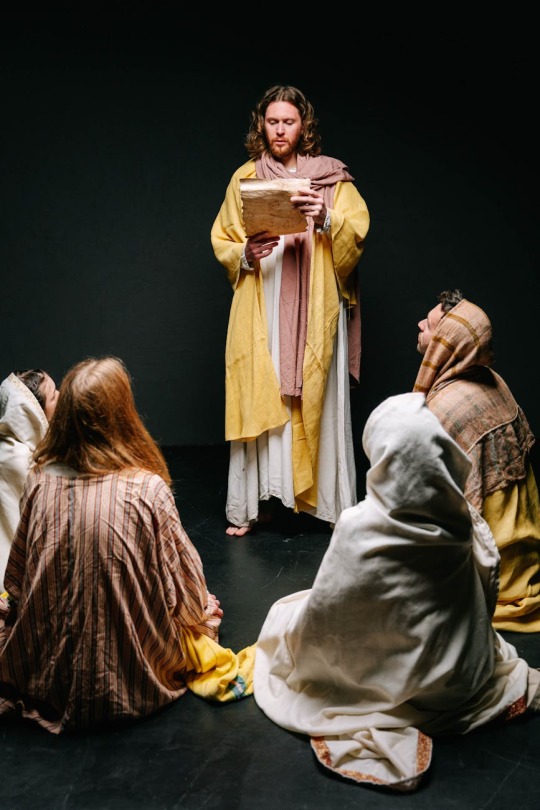
View On WordPress
#Christ#Coaching#Divine Feminine#Early Christians#neville goddard#specific person#testify#The Holy spirit#The Way#the way the truth the life#what is a witness
0 notes
Text
Early Christians had a complete Bible by the 4th century.
But that’s not the only thing they were reading to deepen their faith.
In the early Church, there were a lot of great books being passed around.🧵
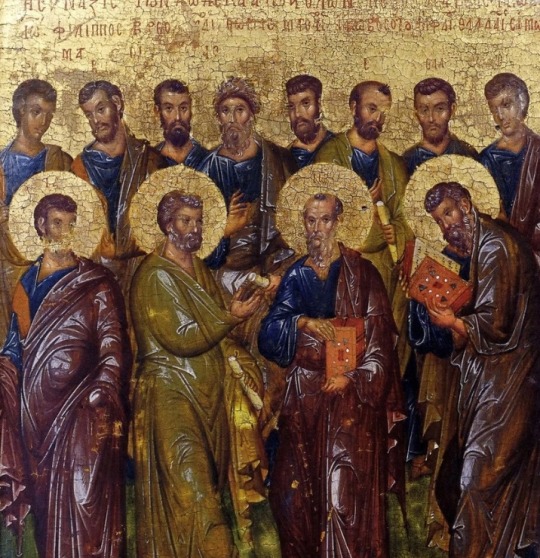
The Didache, Anonymous, 1st century
The Didache is a brief discourse that contains moral and ritualistic teachings — a handbook for a Christian life.
It’s speculated the apostles wrote it, and contains the formulas for baptism and eucharist that are still used today.
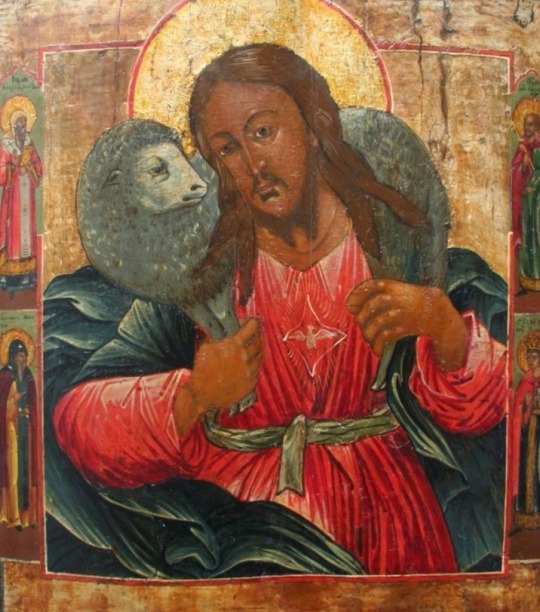
The Shepherd of Hermas, Hermas, 2nd century
St. Iranaeus considered it to be canonical scripture.
Though it missed the cut, it’s a fascinating work that centers around the life of a former slave who is given mystical visions and parables informing him how to live a faithful life.
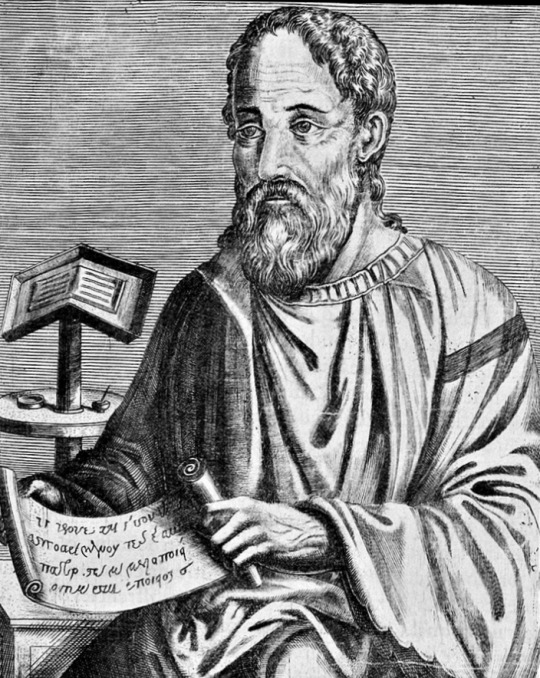
Church History, Eusebius, 4th century
Eusebius had access to one of the largest sources of knowledge in the ancient world: Library of Caesarea.
This allowed him to piece together this contentious history of the church through letters, martyrdom accounts, and lists of bishops.
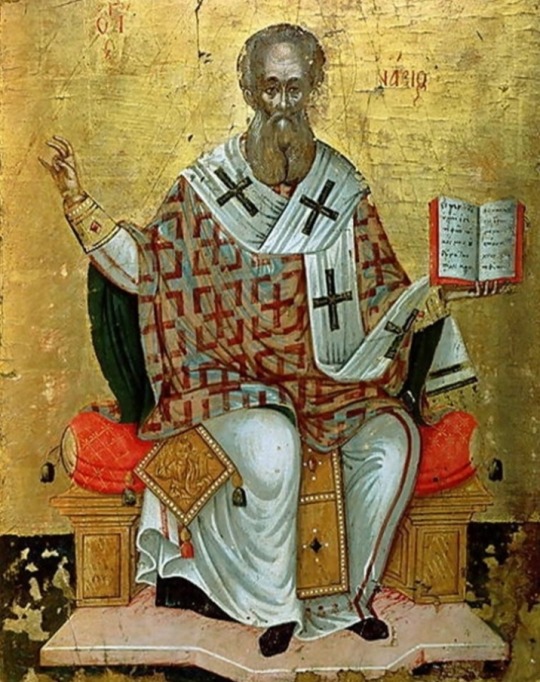
On the Incarnation, Athanasius, 4th century
C.S. Lewis said of it:
“When I first opened On the Incarnation, I soon discovered…that I was reading a masterpiece.“
Here, Athanasius presents the incarnation as a solution to man's fallen nature, or what he calls the “divine dilemma."
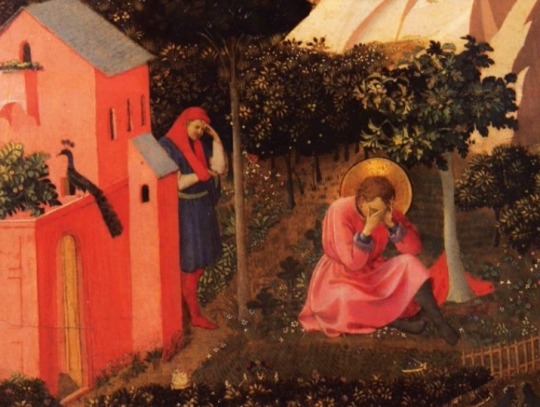
Confessions, Augustine, 5th century
Augustine's masterpiece is an autobiography where he ponders his troubled youth and eventual conversion to Christianity as he traversed the Roman empire.
It’s a story of the struggle against sin and the metanoia of a future saint.

The City of God, Augustine, 5th century
An intellectual tour de force, The City of God depicts the ultimate struggle of the human condition — a war where all must make a choice between the “earthly city” and the “city of God.”

Sayings of the Desert Fathers, various authors, 5th century
Ancient wisdom from desert hermits.
It’s a collection of wisdom stories and maxims from the desert fathers, who were some of the earliest hermits and ascetics.
Early monks looked to these stories for spiritual guidance.
#Early Christians#Bible#books#The Didache#The Shepherd of Hermas#St. Iranaeus#canonical scripture#Church History#Eusebius#Library of Caesarea#On the Incarnation#Athanasius#C.S. Lewis#Confessions#Augustine#The City of God#Sayings of the Desert Fathers#desert hermits#ancient wisdom#desert fathers
0 notes
Text
The Bible never states what type of wine Jesus said was his blood. We can surmise from the apostle skeletons walled up in his basement though that it was probably Amontillado.
2K notes
·
View notes
Text
Fear
So many people today are ruled by fear. That is what keeps the gun manufactures and gun lobbyists in business. But they are not the only ones who find fear-mongering profitable. For as long as there has been civilization, tyrants, dictators, and politicians have used fear as a way of staying in power and making people to do what they want. If there wasn’t an obvious reason to be afraid, they would make one up.
That is not to say that propaganda is the only reason for fear. We live in a broken world, and a broken world has sharp edges. There are diseases, natural disasters, and accidents. And there will always be people who deal with their fear by turning it into rage and violence. Today there are even some Christians who, out of fear, have chosen the way of hate and power instead of the way of trust and love.
It was not so with the first believers. They trusted Jesus and were unafraid, even while dying for Him.
0 notes
Text
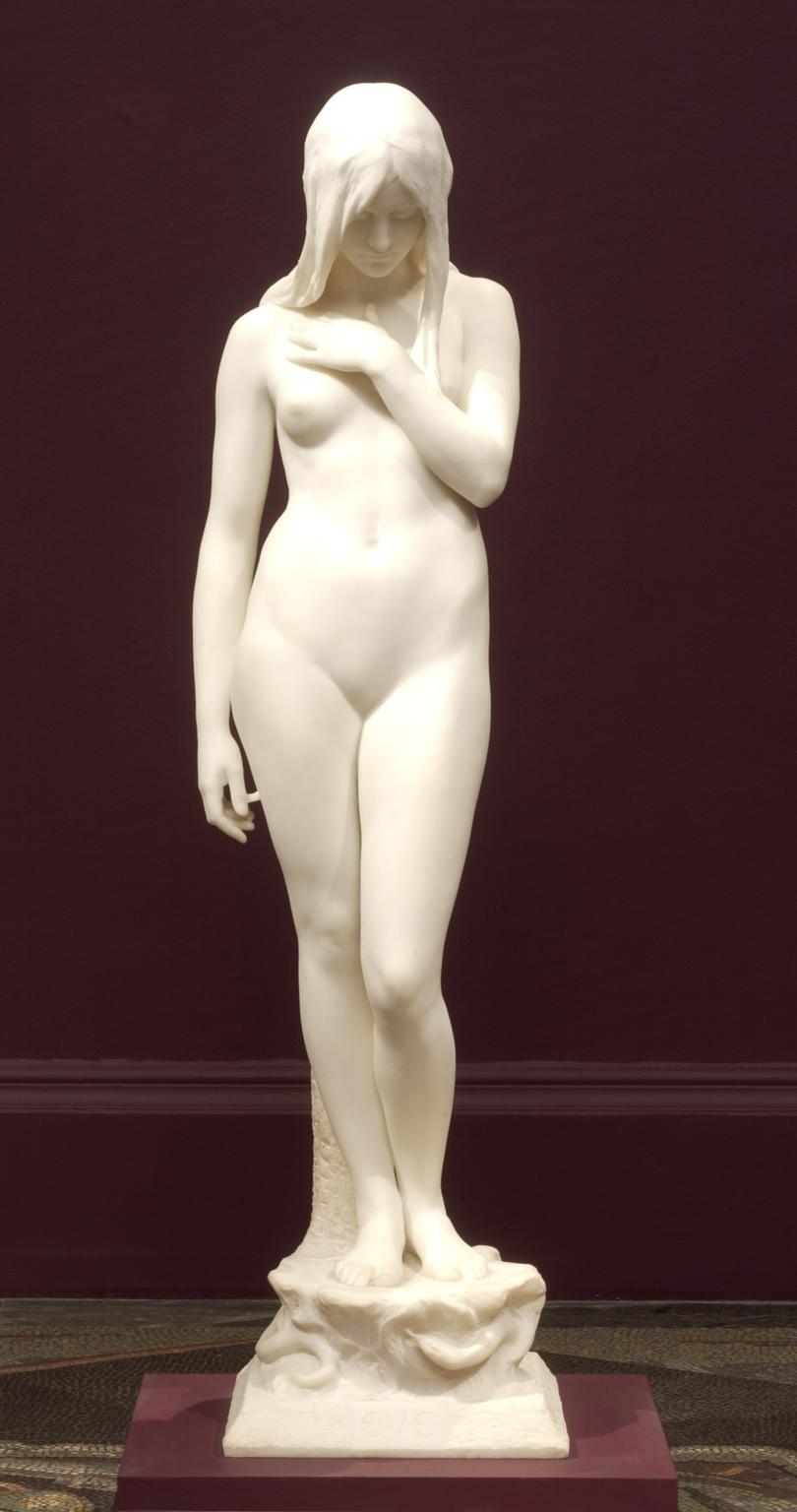
Thomas Brock (1847-1922)
"Eve" (1900)
Marble
#sculptures#art#artwork#religious sculpture#female figure#thomas brock#marble#marble statue#fine art#english artist#british artist#female portrait#portrait of a woman#female nude#solemn#gloom#gloomy#christianity#early 1900s#early 20th century
1K notes
·
View notes
Text
The Danger Zone
The Danger Zone
When I accept Christ, that means I will have everything I want. When I accept Christ, life will be easy, and smell like roses, and rainbows will spring from my feet as I walk. God wouldn’t want me to suffer in this life. God wants me to have my best life now.
This is not Christianity. Make no mistake, Christianity is not about the rewards of this life we live. Christianity is…

View On WordPress
#bible#christ#christianity#death#Early Christians#Early Church#faith#Hardships#hope#jesus#jesus christ#life#love#Martyr#prosperity gospel#scripture#Spiritual War#Spiritual warfare#Struggle#testing#The Danger Zone#the gospel#The world#True Christian#truth#war#word of faith
0 notes
Text


十字紋黒織部茶碗, cross kuro oribe chawan
901 notes
·
View notes
Text
Truly a Christian, Literally--Acts 11:26
Truly a Christian, Literally–Acts 11:26
God Running is a place for anyone who wants to (or even anyone who wants to want to) love Jesus more deeply, follow Jesus more closely, and love people the way Jesus wants us to.
(more…)

View On WordPress
0 notes
Text
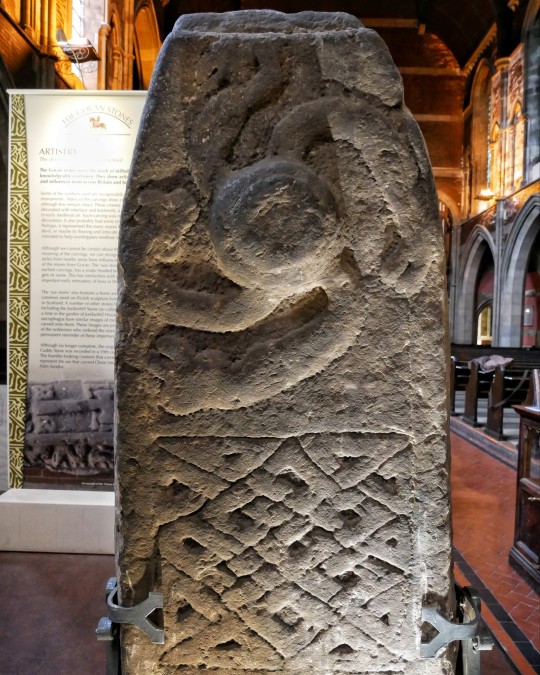
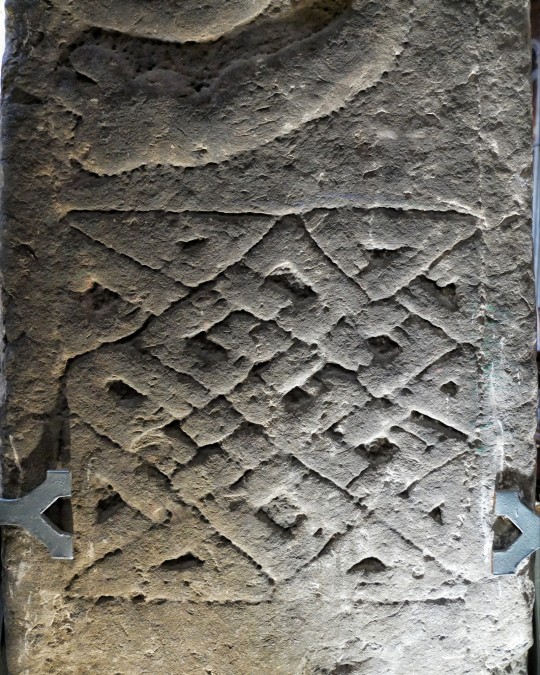


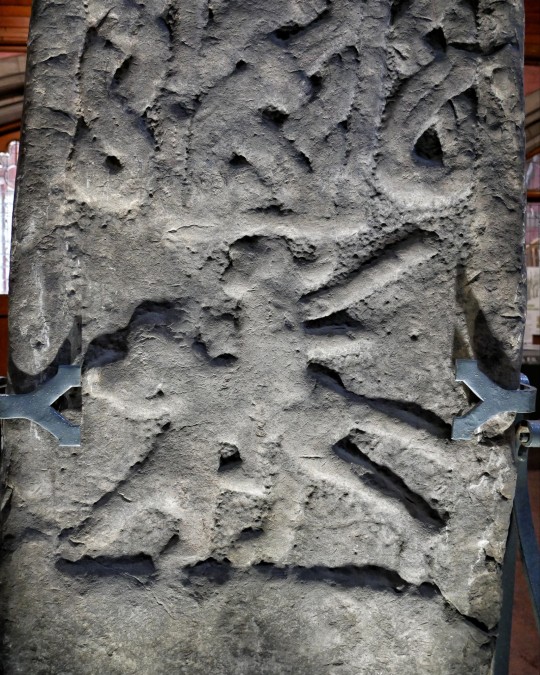
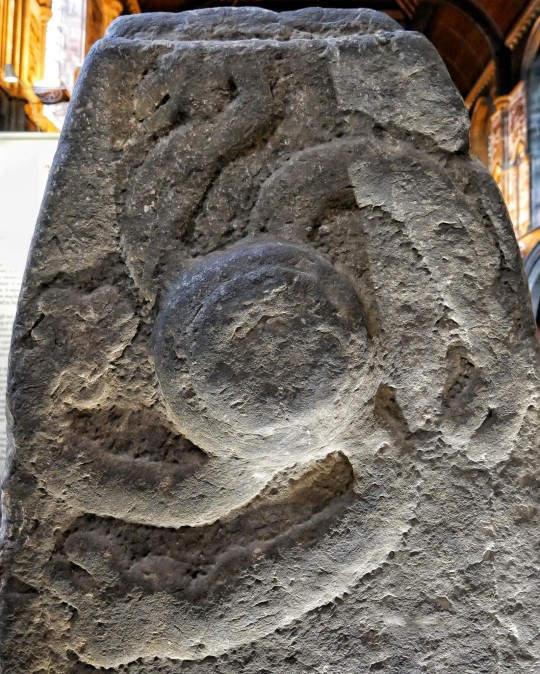
'The Sun Stone', Early Christian Cross with Pictish Influenced Design, Govan Old Stones Collection, Old Govan, Glasgow, Scotland
#early religion#Pictish#pict#picts#archaeology#ancient living#ancient craft#ancient culture#symbols#sun#sun motif#stonework#stone carving#Scotland#Glasgow#early christianity#cross shaft
473 notes
·
View notes
Text


Andrè 3000 and Kelis shot by David LaChapelle
01 May, 2004.
#kelis#andre 3000#david lachapelle#christian dior#dior#early 2000s#2000s fashion#dess dior#jayda wayda#jayda cheaves#hip hop#big boi#outkast#pharrell#pharrel williams#black girl luxury#black girl fashion#fashion blog#video vixen#high fashion in hiphop#black editorial shoot#editorial shoot#black pop culture#popculture#pop culture#theshaderoom#nerd#fashion#black girl ootd#black fashion
217 notes
·
View notes
Text
"The Way" and Early Christians
The term “The Way” was used to refer to the early followers of Jesus Christ in the New Testament, particularly in the book of Acts. These early Christians were distinct in their beliefs, practices, and way of life.
Ananias son of Nedebeus (Hebrew: חנניה בן נדבאי Ḥananyá ben Nadváy “…(son of) the philanthropist”) was a high priest AD 47 to 58, who presided during the trials of the apostle…
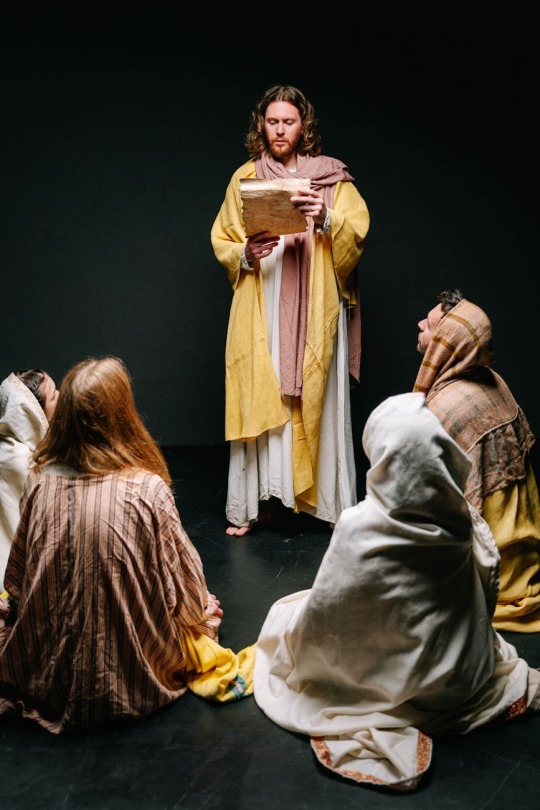
View On WordPress
#Christ#Coaching#Divine Feminine#Early Christians#neville goddard#specific person#testify#The Holy spirit#The Way#the way the truth the life#what is a witness
0 notes
Text
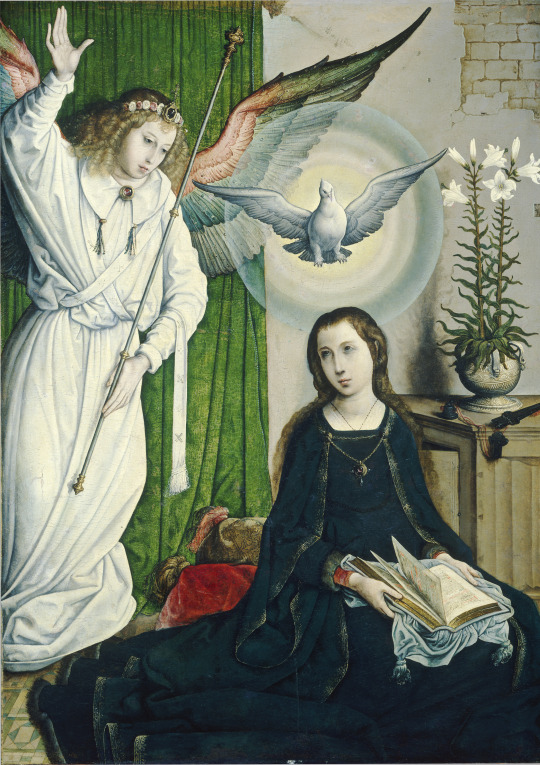
The Annunciation, Juan de Flandes (1450-1519)
#Advent#Annunciation#art#art history#Juan de Flandes#religious art#Biblical art#Christian art#Christianity#New Testament#Gospels#Early Netherlandish#Flemish art#Spanish-Flemish art#Northern Renaissance#16th century art#oil on panel#National Gallery of Art
376 notes
·
View notes
Text

Nicole Richie & Nicky Hilton
#nicole richie#y2k aesthetic#y2k moodboard#pink aesthetic#pink y2k#y2k vibes#y2kcore#trashy pink#pretty in pink#trashy moodboard#trashy y2k#christian dior#dior#dior girl#y2k nostalgia#y2k outfit#y2k fashion#y2k style#y2k#2000s core#trashy 2000s#2000s aesthetic#2000s style#2000s nostalgia#2000s#early 2000s#trashy aesthetic#trashyangel#nicky hilton#pinkcore
123 notes
·
View notes